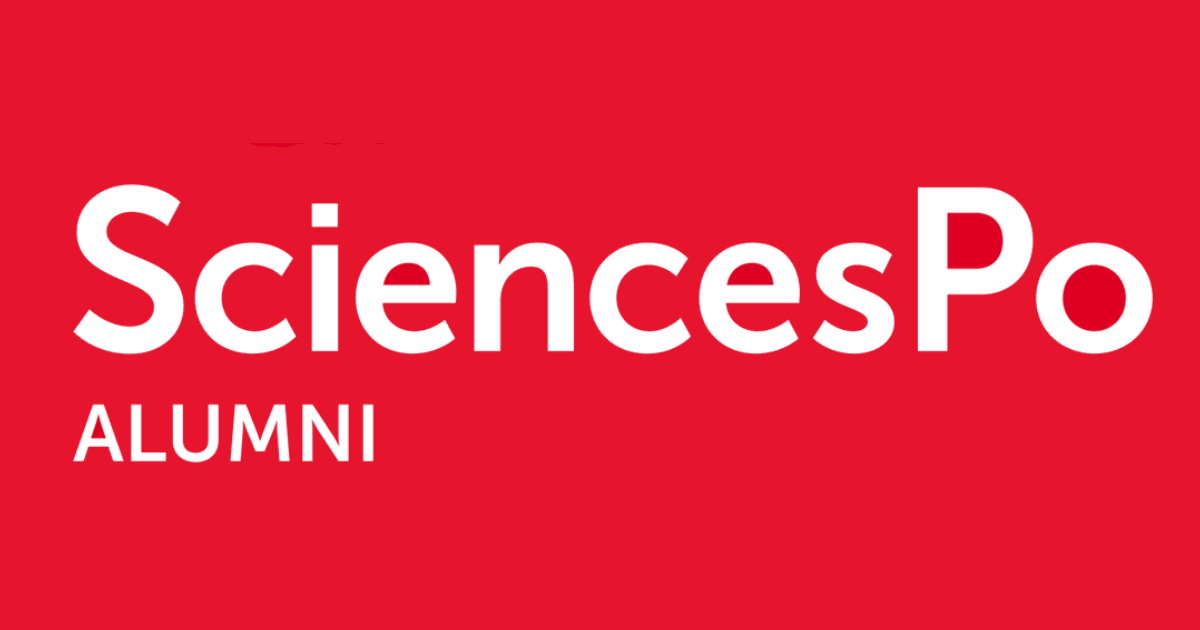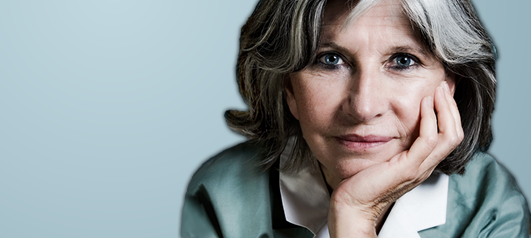Everyone has memories of their best and worst teachers, from the very first day of school as a child to the halls of higher learning. Above all, it’s those better teachers we like to remember most fondly, whether for exceptional academic lessons or for touching our lives in more profound ways. At Sciences Po, the professors are at the heart of our academic and professional journey. We’ve chosen to feature members of faculty who are not only some of our favourite professors, but who also reflect the unique mix of international personalities and perspectives at Sciences Po today. As John Steinbeck once said, “A great teacher is a great artist. Teaching might even be the greatest of the arts since the medium is the human mind and spirit.” The inspiring professors featured here are great artists, leaders in their field and mentors to their students.
Giacomo Luciani, Politics of International Energy, Sciences Po Paris School of International Affairs
Giacomo Luciani is the Scientific Advisor for the Master in International Energy at the Paris School of International Affairs. It is not only Sciences Po students who benefit from his vast knowledge and experience: he has also taught at the Johns Hopkins Centre in Bologna, and is currently Adjunct Professor at the Graduate Institute of International Development Studies in Geneva. When it comes to teaching, there are two subjects close to his heart: international energy and the political economy of the Middle East and North Africa. Since beginning at Sciences Po, he has taught both. Professor Luciani’s academic career began in the 1990s while working for a major oil company in Italy. Teaching has been an important part of his life ever since. Luciani sees the arena of the classroom as a useful tool: students are forced to understand for themselves, and quickly realise that the world is not so black and white. It is this sentiment that he conveys to his students, inspiring curiosity and critical thought. Professor Luciani enjoys Sciences Po Paris School of International Affairs for its liveliness, which he attributes to its size, location and cosmopolitan elements. Luciani values the abundance of visual arts in Paris, but he prefers the easily navigable streets of Geneva.
Laurence Tubiana, International Development and Environmental Policy, Sciences Po Paris School of International Affairs
Laurence Tubiana was a special representative of the French Minister of Foreign Affairs at the 2015 United Nations Climate Change Conference in Paris. She is credited with helping to bring the Paris Agreement to a successful conclusion, which she says was the most important challenge she has ever faced. The agreement was not only historic in its implications for climate action, but because it inaugurated a new form of multilateral diplomacy and negotiation on a global scale. “It can, should be and I think it will be a turning point,” Tubiana said.
Tubiana was already accomplished, having worked in government, international organisations and institutions, NGO’s and academia. As she considers her next steps, she encourages young people starting their professional lives to discover their motivation. “I think that’s the most powerful engine in whatever you can do. That’s where you will have value, and you will not be lost when faced with the need to make choices, which will happen many times,” she said.
And advice for women? “In a way the labour market and institutions still have trouble seeing women as decision makers,” Tubiana says. “Earn that through your capital of competence. Then build a network of people you trust and with whom you can really be yourself.”
Julia Cagé, Economics, Sciences Po Department of Economics
Author of Saving the Media: Capitalism, Crowdfunding, and Democracy, Julia Cagé (32 years old) is the youngest female economist at Sciences Po. Her success is marked by a PhD from Harvard University and publications on how information affects democracy, corruption and aid. “I’ve always been interested in how to improve the media and how information can be used to fight corruption,” she says.
Her book tackles the Western media crisis. With shrinking newsrooms and publications going under, Cagé sees the extinction of media as a threat to democracy. “News, like education, is a public good.” She proposes replacing the old model with a more democratic process, “a non-profit media organisation, operating independently of traditional stakeholders and relying on readers.” This year, her book received the Prix Spécial du Jury des Assises du Journalisme. Cagé’s commitment to nonconformity stirs classes to discuss the future of media. “I learn a lot from my international students at Sciences Po,” she says.
Hazem Kandil, Revolution and Resilience in the Middle East, Sciences Po Paris School of International Affairs
Hazem Kandil, who has been observing policy-making for years, is struck by how politicians simplify the social world in response to immediate – usually narrow – agendas. Becoming an academic was one way of engaging with the world in all its complexity. As lecturer in political sociology and a fellow of St Catherine’s College at Cambridge University, he was invited by Sciences Po Paris School of International Affairs to teach a course on “Revolution and Resilience in the Middle East” in 2015. This gave him the opportunity to return to one of his favourite cities, one he has long admired as a student of the French Revolution. The Al-Qaeda and Daesh lecture that he gave last autumn was particularly timely, as it came just one week after the Paris attacks. He noticed that the School of International Affairs students at Sciences Po Paris were mostly concerned with empirical rather than theoretical questions. But this only led to a more intense exchange of scholarly and practical viewpoints, and it also proved that large classes could be run as seminars if the teacher insists on involving students.
Yulia Zaretskaya-Balsente, Sciences Po Language Department
Critical, smart and wielding a sharp sense of humour, Yulia Zaretskaya-Balsente began her career teaching French in Russia, then Russian in France at the Ministry of International Affairs. She has worked for four years at Sciences Po, where she wrote her PhD thesis on censorship in the USSR. She also holds a degree in Soviet and Eastern European studies. Her multidisciplinary background enriches her work, and she often adds a political dimension to her lessons. As for teaching Russian in a tense political climate, she says, “I think students are able to form their own opinions, to make a clear distinction between the current government and the country’s history and cultural traditions. Luckily, we don’t live in George Orwell’s world with a single opinion.”
By Alvina Hoffmann, Lindsey Prowe, Alicia Jensen and Carolina Brandao.

Commentaires0
Veuillez vous connecter pour lire ou ajouter un commentaire
Articles suggérés

